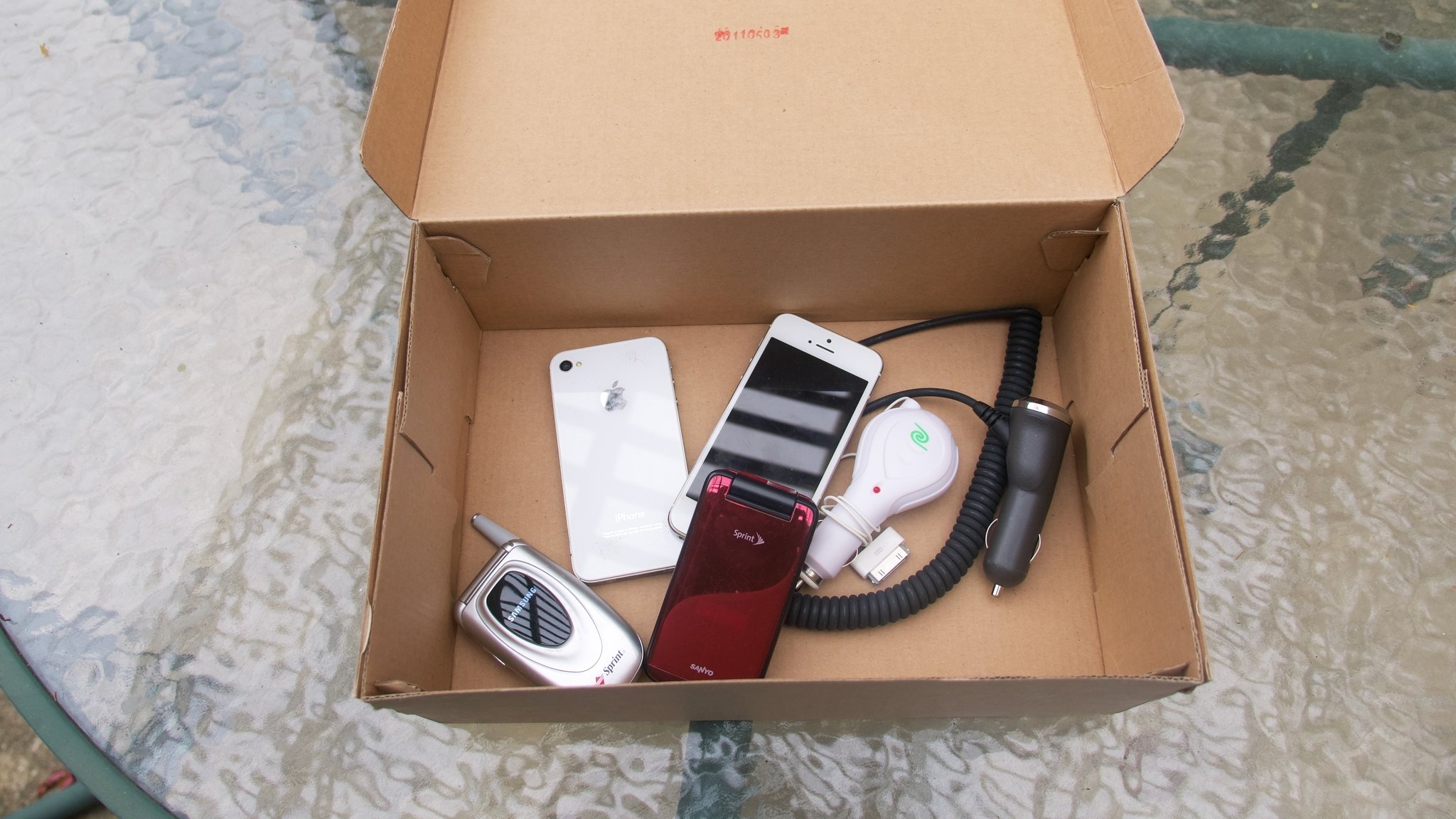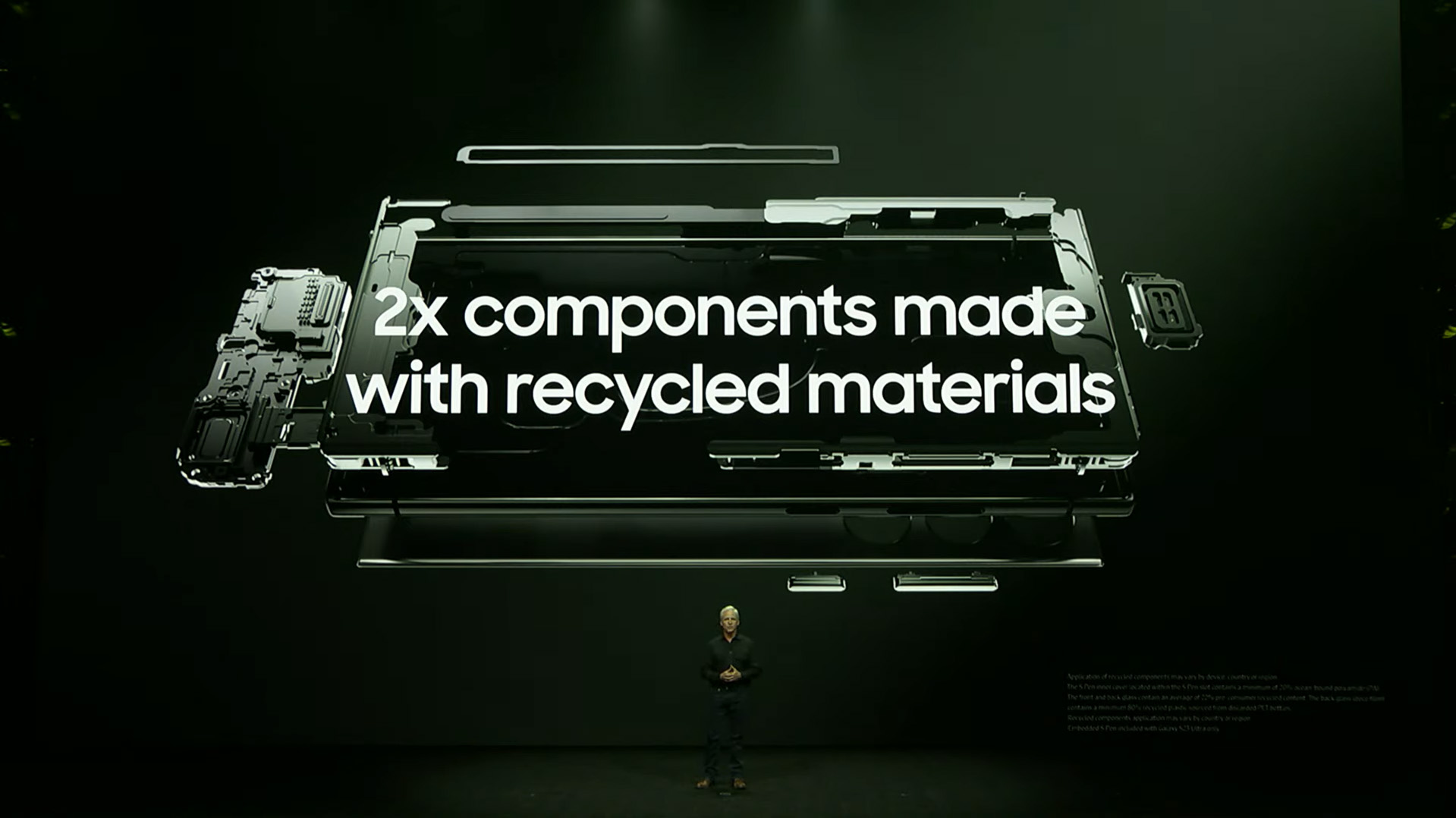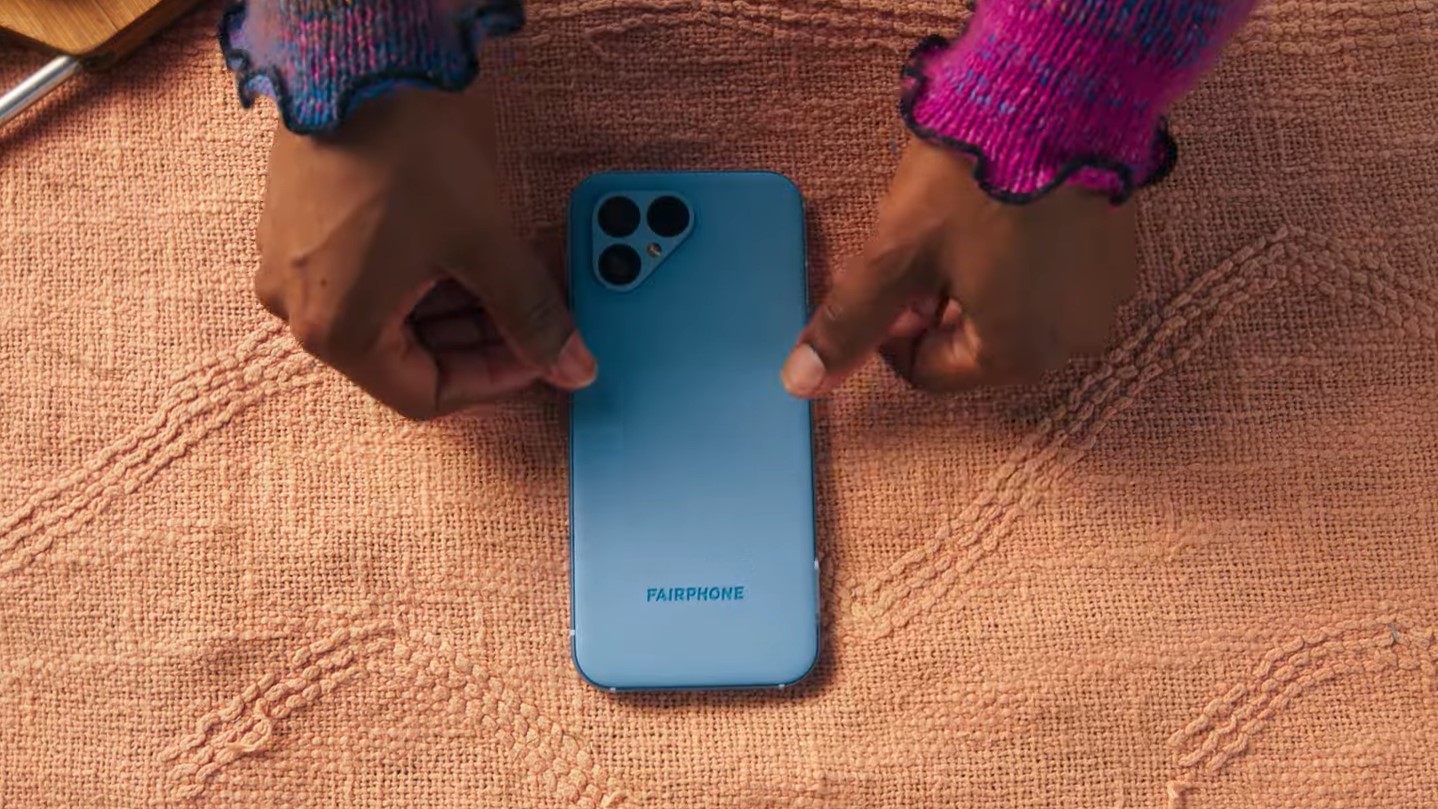
April 22, 2024, is Earth Day. Originally a day to promote awareness of the ways plastics wreck the environment, Earth Day has more recently become a time when all environmental causes are spotlighted because we only have one planet to live on, and it makes sense to try and keep it habitable.
Earth Day is also the time of year when tech companies like to remind us of their commitment to making and selling "sustainable" products. However, it seems like they don't understand what that means; sustainable tech is the 21st-century version of the light cigarette. It's still really bad, but not as bad as it could be.

One of the web's longest-running tech columns, Android & Chill is your Saturday discussion of Android, Google, and all things tech.
I'm not implying that companies shouldn't try to be more environmentally conscious or that every little bit isn't helpful. They should, and it does. I'm talking about the amount of praise companies heap upon themselves for doing the bare minimum and then selling it as something more significant than it is. In other words, they're not really lying, but they're basically lying.
It's impossible to build a truly sustainable tech product like a smartphone and sell it at a profit.
You keep using that word ...

Sustainable is a strong word that means a few different things. If you look at the definition, you'll see that sustainable means "able to continue at the same level for a period of time," but you'll notice there's a lot more to it than that. Sustainability in manufacturing is defined as "using methods that do not harm the environment so that natural resources are still available in the future."
This can be true for some parts and assemblies used in tech products like new phones. Copper and aluminum are almost infinitely recyclable, and 100% of the metals used to make phones, tablets, and other products could come from reclaimed material. Plastic is the same way, though it's not a true natural resource.
Two other important materials used inside the products we love to buy usually get left out of the conversation: cobalt and lithium. Both are materials used in batteries, and until a better way to store energy is developed, both are necessary.
The thing is, both these materials are also 100% recyclable, and a battery built from completely recycled material is a real thing. No tech companies are even discussing this, though Apple does want to use recycled cobalt within the next few years.
Until this happens and the new products we buy are built from parts and pieces of the old products we've sent to be recycled, tech products are not sustainable. It doesn't matter how often or how loud company executives try to claim otherwise.
Every little bit does help

None of this discounts the effort companies are making when it comes to being more environmentally friendly. Overselling what's being done and using buzzwords that aren't true doesn't mean things aren't much better than they used to be.
Samsung, Apple, HP, Acer, and almost every other company producing consumer electronics are making efforts to use more recycled materials. Just because we haven't reached the point where no newly mined metals and newly produced plastic are being used in construction doesn't negate the real progress being made.
The actual issue is both simple and complex. It's also the same issue that drives every other decision made by the companies in question: money. Tech companies are businesses and only exist to make a profit for their shareholders. This is why Google kills products and services that aren't making money. This is why phones no longer have a simple 3.5mm headphone jack. It's also why no company makes a phone built using 100% recycled materials.
Money-saving decisions can be helpful, too. The real reason your new phone doesn't come with a charger in the box is that it makes the packaging smaller. Smaller boxes mean more fit on a pallet which means more fit into a truck or shipping container. Besides saving big on shipping costs, there's no longer a small piece of e-waste inside every new phone box. Win-win.
When you get into it though, there is no way a company like Apple or Samsung could afford to be more like Fairphone. It would eat into the bottom line far to deeply.

No company builds a product that's as ethically sourced and environmentally friendly as Fairphone, and no company even wants to try.
It's not hard to figure out why. Fairphone isn't making money. The company only posted profits of €44,000 ($47,000) for 2022 and has very little money in reserve. In contrast, Apple made $170.782 billion and Samsung made $31.5 billion. Billion.
If you want to make a phone like the Fairphone 5, you're not able to make as many of them and will not make as much profit per unit. For Apple and Samsung shareholders, this isn't "sustainable," so the products these companies sell aren't as "sustainable."
Nothing will make the Apple's and Samsung's of the world change before they have to change. Both companies will continue to source raw materials by any means and try to seduce consumers with environmentally friendly measures in areas that don't cut into the bottom line too deeply until the world runs out of those materials.
You should do your part by recycling tech products and buying used or refurbished items when you can. You should also know that regardless of what they tell you, the companies making consumer tech only care about the environment when it doesn't hurt the bottom line.







